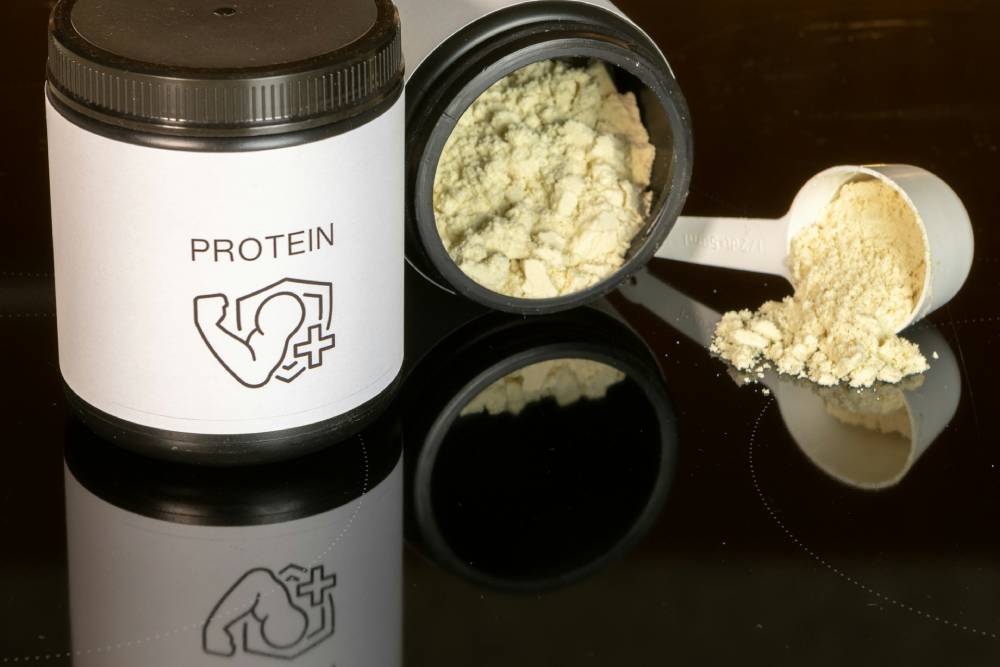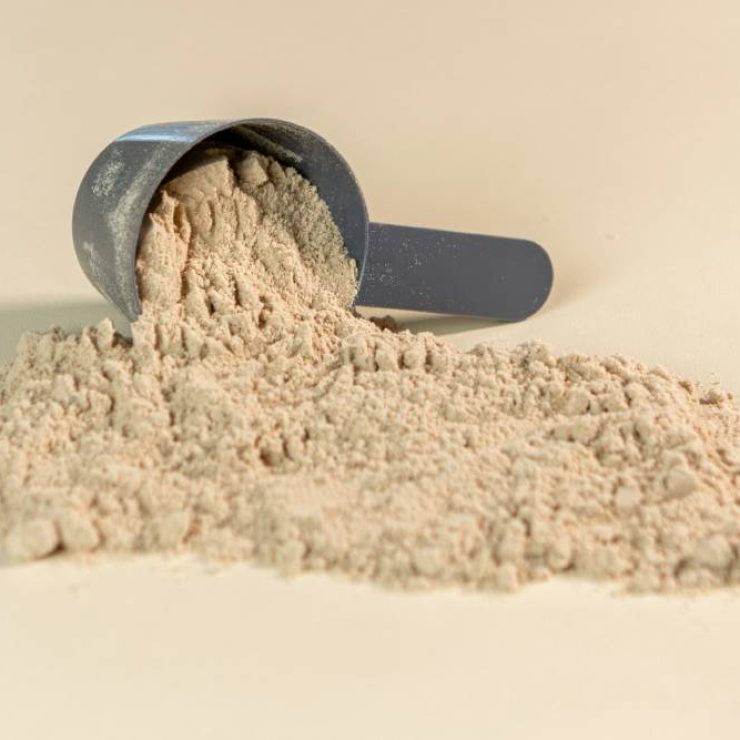Supplements are products frequently encountered in the field of nutrition and health, used to complement basic nutritional needs or to improve certain health conditions. We can refer to supplements as those we resort to to make up for deficiencies when we can’t get enough vitamins, minerals, plants, or other nourishing elements our bodies require.
Due to the fast pace of modern life, quick and unbalanced eating habits, environmental factors, and increasing health consciousness, the question of what supplements are has become a topic researched by more and more people. Accordingly, the use of supplements has become quite common. Both athletes and individuals with an active lifestyle, as well as those looking for natural solutions for various health problems, are now incorporating supplements into their daily nutrition routines.
Before starting to use supplements, it’s important to learn what supplements are, gather information about the benefits and harms of supplements, and research how to use them. In this blog post, we will touch on these topics.
Types of Supplements and Their Usage

Supplements can be found in forms such as pills, tablets, capsules, powders, liquids, or bars. These products aim to address nutritional deficiencies, support general health, provide protection against diseases, and enhance physical performance, among various other health goals. However, being aware of the effects and uses of supplements, understanding their potential side effects, and their impact on health is of great importance. Therefore, acting under the advice and guidance of a health professional before starting any supplement use is the most appropriate approach you can take.
Here are some of the most common types of supplements:
Protein Powders
Protein powder is a concentrated form of protein, an essential nutrient necessary for the repair and growth of muscle tissue in the body. It is preferred by athletes, bodybuilders, and individuals who engage in regular exercise, especially those who cannot get enough protein or have a higher need for protein.
Protein powders provide an easy and practical way to meet daily protein requirements. These powders can be consumed by mixing them with water, milk, or fruit juices. They can also be mixed with other nutrients like smoothies, yogurt, or oatmeal. The main benefits of protein powder include:
- Muscle Development and Repair: Protein is a fundamental building block necessary for the repair of muscle tissue and the formation of new muscle fibers.
- Post-Exercise Recovery: Protein taken after intense exercise or training helps muscles recover more quickly.
- Satiety: Protein increases the feeling of fullness, helping to prevent overeating habits.
- Supporting Metabolism: High-protein diets can increase the rate of metabolism, thereby helping to burn more calories.
Types of Protein Powders
- Whey Protein: Whey protein, derived from milk, is one of the most popular types of protein powder due to its quick absorption. It is ideal for muscle development, repair, and recovery.
- Casein Protein: Also derived from milk, casein is digested and absorbed more slowly than whey. This characteristic provides a long-lasting feeling of fullness and supports muscle repair overnight.
- Soy Protein: Soy protein, a plant-based protein source, is a suitable alternative for vegans and vegetarians. It contains all essential amino acids.
It should be noted that daily protein needs vary according to age, gender, level of activity, and health status. Therefore, it is important to consult with a health professional or nutritionist to determine the appropriate dosage and frequency of use according to individual needs.
Creatine
Creatine is a natural compound that supports energy production in muscle cells. Besides being naturally produced by the body, it can also be supplemented through foods like red meat and fish. Creatine, widely used by athletes and bodybuilders, is a popular option for enhancing physical performance and increasing muscle strength, and muscle mass. Creatine monohydrate is the most common and extensively researched form of creatine on the market.
Benefits of Creatine
- Increased Muscle Strength and Performance: Creatine enhances performance, allowing for lifting more weight or performing more repetitions.
- Quick Recovery: Using creatine after exercise can shorten muscle recovery time and reduce muscle soreness.
- Increase in Muscle Mass: Regular use of creatine, combined with training programs, can lead to significant increases in muscle mass.
Pre-Workout Supplements
Pre-workout supplements are taken before exercising. These supplements typically contain various active ingredients such as caffeine, beta-alanine, BCAAs (branched-chain amino acids), and others. Each component has a specific role during exercise and works together to maximize exercise performance. Examples of pre-workout supplement ingredients include:
- Caffeine: Increases alertness and concentration, making you feel more energetic during exercise. It can also accelerate fat burning.
- Beta-Alanine: Helps neutralize the acidic environment in muscles, delaying fatigue and providing more capacity to work throughout the exercise.
- BCAAs: Reduce muscle fatigue, accelerate muscle repair, and provide extra energy for use during exercise.
- Nitric Oxide Boosters (such as L-arginine or L-citrulline): Increase blood flow, bringing more oxygen and nutrients to the muscles. This leads to better performance during exercise and quicker recovery.
When used correctly, pre-workout supplements can significantly enhance exercise performance. However, before using any supplement, it’s important to discuss its potential effects and compatibility with your health condition with a healthcare professional. Possible side effects and considerations include caffeine sensitivity, beta-alanine itching, habit formation, and the intensification of side effects due to overdose.
How to Use Supplements Consciously

Approached correctly, supplement use can be a significant aid in achieving your fitness and nutrition goals. However, misuse can lead to health problems. Therefore, when choosing supplements, it’s crucial to read labels carefully, and analyze contents and recommended dosages. Being informed about allergens and warnings, as well as reviewing independent laboratory test results, are also important steps for safe use. Preferring brands that have a reputable standing in the market, quality certifications, and a transparent content policy can reduce concerns about product safety. Additionally, consulting a doctor or dietitian before starting supplements, especially if you have any health conditions or are taking specific medications, can help prevent potential drug interactions and health risks.
Professionals can guide you in choosing the most suitable supplements and usage dosages for your lifestyle and health condition. Being vigilant about possible side effects after starting supplement use and consulting a healthcare professional immediately in case of any adverse situations is crucial. Conscious and safe supplement use minimizes risks while supporting your fitness journey.
References
https://www.fda.gov/consumers/consumer-updates/fda-101-dietary-supplements
https://www.muscletech.com/blogs/journal/workout-supplements
https://www.supplementler.com/bilgi-bankasi/supplement-nedir-nasil-kullanilir





